You would love to defeat the ageing signs and effects of the environment and poor lifestyle. Yes. You can increase the duration of your beauty and treat skin-related issues such as wrinkles, fine lines and Hyperpigmentation. Hyperpigmentation treatment in Islamabad brings back the brightness and illumination of the skin, making you look attractive and beautiful. In this blog, we will delve into the intricacies of Holistic Approaches to Treating Hyperpigmentation.
Reveal Your Glow: Hyperpigmentation Treatment
Life is beautiful, and so are our bodies. We are blessed with beautiful, glowing and luminous skin that makes us attractive and gorgeous. Factors such as excessive sunlight and the ageing factor diminish the glow and illumination of the skin. Proper treatment disappears skin-related issues and redefines the aesthetics of your beauty, rejuvenating your appearance and adding to your glow and brightness.
Top Benefits Of Treating Hyperpigmentation
- Treats the accumulation of melanocytes and reduces skin spots and darkness
- Creates a radiant and glowing skin tone and a uniform skin tone
- Produces a youthful, vibrant and brightener skin texture
- Reduces the risks of damages caused by excessive sun exposure
- Creates healthier, rejuvenated and delightful appearances
- Fosters collagen production and increases the firmness and elasticity
Holistic Approaches To Treating Hyperpigmentation:
Several cosmetic treatments treat this skin issue. If you want to address discolouration of the skin then you can choose one of the following procedures to restore your natural look.
Skin Lightening Creams and Retinoids
Creams or lotions containing ingredients such as hydroquinone, kojic acid, vitamin C, and retinoids promote cell turnover, deal with dark patches, and brighten the skin. A dermatologist can suggest a specific cream to deal with your skin-related problems.
Chemical Peeling In Islamabad
This treatment involves the use of a chemical solution to exfoliate the external layer of the skin. Exfoliation reduces the appearance of skin blemishes and leads to the development of new skin cells, improving the brightness and illumination of the skin.
Laser Treatment
One of the most sophisticated treatments is the application of lasers. The use of laser specifically targets and breaks down pigmented cells, decreasing the number of melanocytes and improving the appearance and elegance of skin texture.
Microneedling
Collagen induction therapy or microneedling is also an effective approach to treating skin-related issues such as Hyperpigmentation. A device containing fine needles is used to produce micro-injuries on specific areas of the skin to deal with hyperpigmentation and foster collagen production in the body.
Cryotherapy
During this procedure, the affected area is treated through freezing. A professional applies extreme cold to freeze the pigmented area and improve the skin tone and texture
How Can I Prevent Hyperpigmentation?
Prevention is better than cure. You must adhere to the following instructions to keep yourself protected from this sort of skin imperfections and maintain the natural glow and brightness of your skin.
- Protect your skin from excessive sun exposure and apply sunscreen when you walk outside
- Do not use irritating skincare products, as they could lead to harm
- Add vitamin C into your skincare routine to improve your skin appearance
- Maintain regular cleansing to keep the skin pure from impurities
- Do not let stress and depression control you, and be positive
If you are dealing with hyperpigmentation, then get a consultation session from an expert and get the most suitable treatment to address this skin issue, limit its expansion, and deal with related effects.
The Bottom Line:
Hyperpigmentation treatment in Islamabad eliminates dark spots from the skin, fosters collagen production in the body, improves skin texture and elasticity and produces a refined appearance, adding to your glow, brightness and illumination of the skin. Several procedures, such as topical treatments, laser therapy, chemical peels and cryotherapy, can be used to get rid of this skin issue. You should consider getting expert advice before getting a specific treatment.
Schedule your appointment at Royal Cosmetic Surgery Islamabad to deal with your skin-related issues and improve your skin tone and texture. If you are looking for a custom-made treatment, then remember to visit RCS because we produce your desired results through our personalised treatment. Visit our clinic, get a consultation session and make an informed decision!



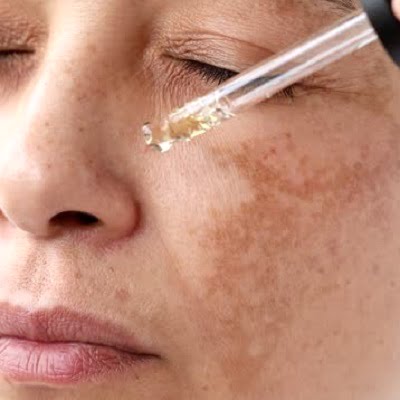
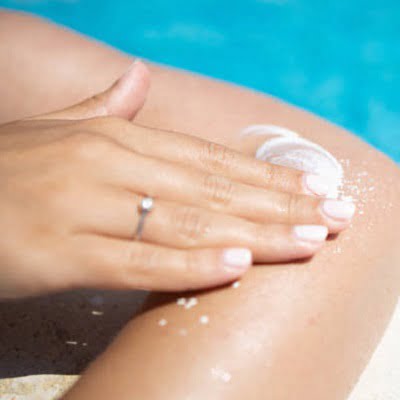
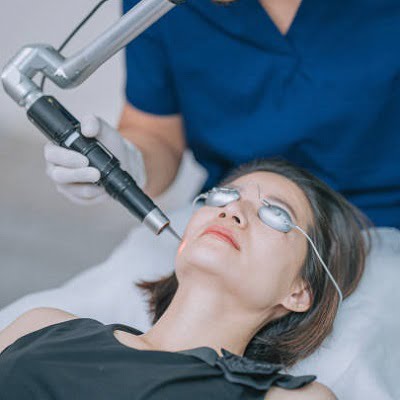

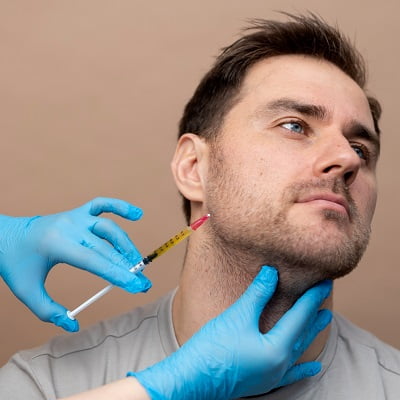



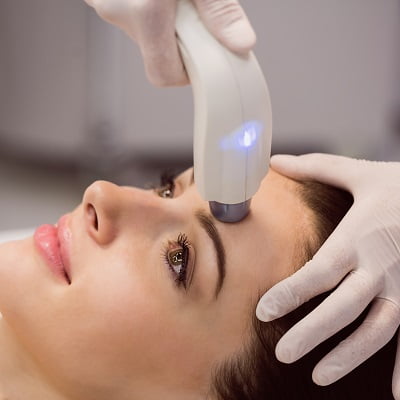
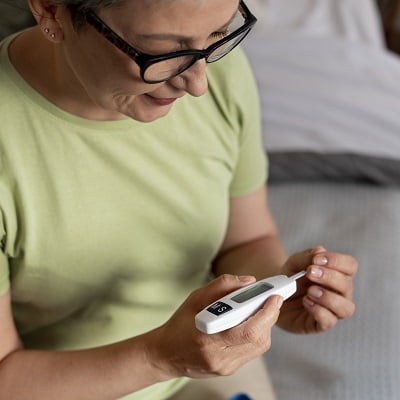

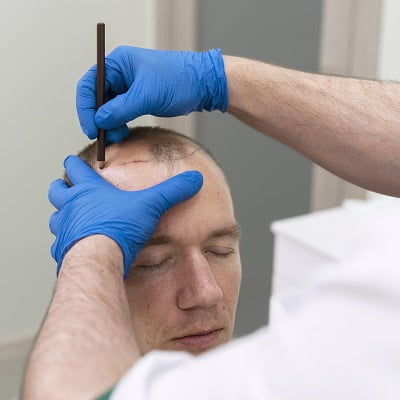

Book Appointment